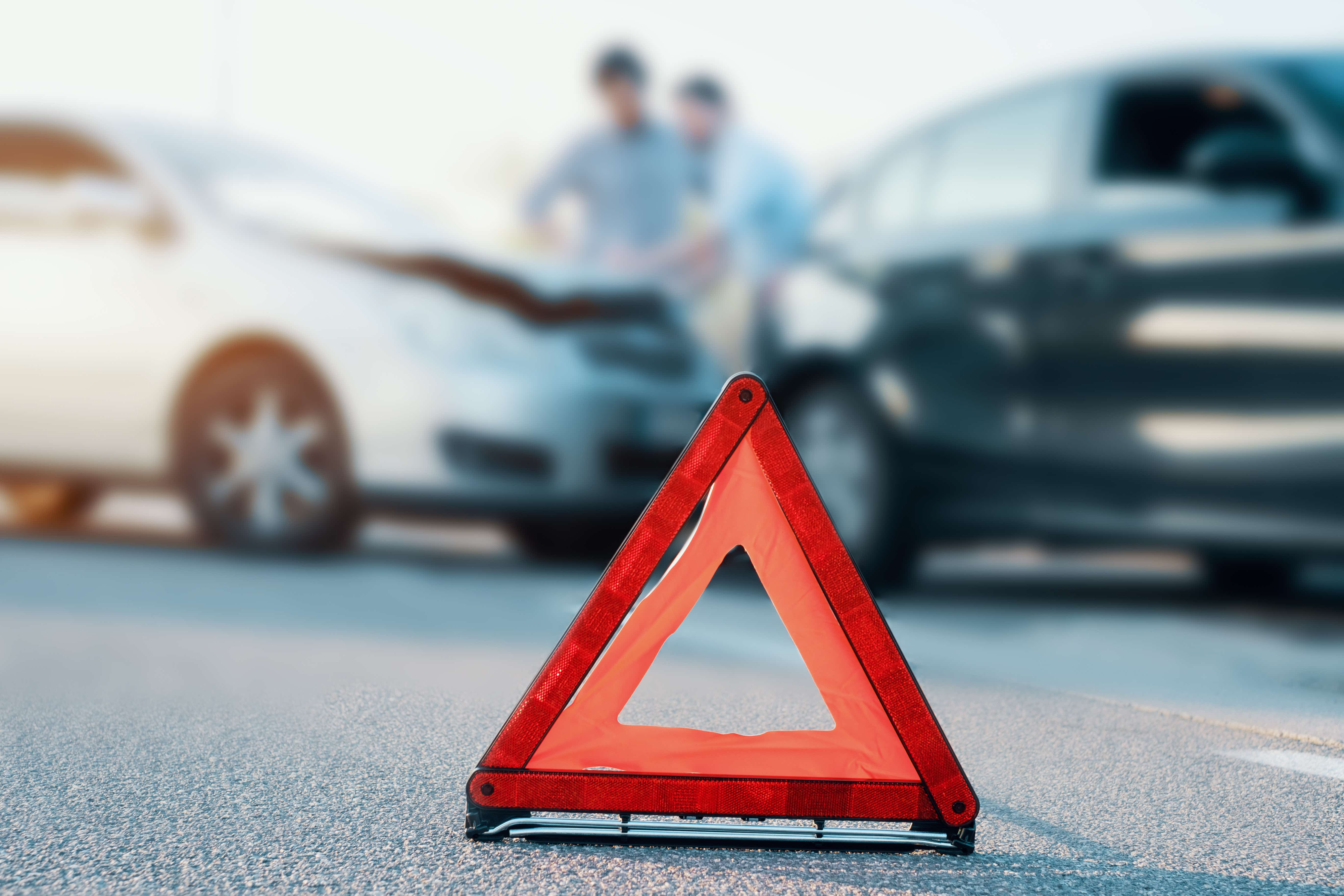- Uswitch.com>
- Car insurance>
- Guides>
- What is GAP Insurance & Is it worth it? - Get a Quote Online

Please note: We are currently unable to provide you with quotes for this product
Gap insurance is an option for anyone with a valuable car that’s likely to have dropped in value quite a bit since it was obtained.
It may not be for everyone, but for those who’ve been unfortunate to have needed to claim on it, gap insurance would have softened the blow of losing a treasured motor.
What is gap insurance?
Gap insurance is more formally known as Guaranteed Asset Protection. It may also be called car gap insurance.
The idea behind it is that it plugs the gap between your car insurer’s payout when you make a claim and the cost of the car when you bought it - or the value of the loan you took out to buy the vehicle.
How does gap insurance work?
If your car is written off or stolen, your insurer will only pay out the resale value of your car at the time of your claim. This’ll be less than you paid for the car and may not be enough to pay off the finance you took out to buy the car.
Here’s an example of how gap insurance could protect your car’s value:
You purchase a new car from a dealer for £10,000. A year or two later you crash your car and your insurer declares it as a total loss (also known as being written off). Your insurer pays you £7,000 — the value of your car at the time of your claim. If you want a little extra protection, buying gap insurance will ensure you don’t lose the extra money, £3,000 in our example. However, it’s not a substitute for a standard car insurance policy, which you’re still legally obliged to take out.
What different types of gap insurance are there?
There are three types of gap insurance. We’ve outlined these below so you can decide which type of cover might best suits your needs:
Return to value (RTV) insurance: This type of policy covers the difference between what the insurer pays and the value of your car when you take out the gap insurance. When you take out a return to value policy the gap insurer will value your car and this will be the figure used when calculating a pay-out.
Return to invoice (RTI) insurance: This level of cover will pay the difference between your insurance pay-out and the price you paid for your car (i.e. its invoice price) if you bought it in the last three months, whether you bought your car new or used.
Vehicle replacement insurance: As the name suggests, vehicle replacement cover will provide you with a pay-out to replace your car with a brand-new car of the same make, model and specification, even if the price of this new car has increased since you originally bought yours.
Do I need gap insurance?
The effect of depreciation means the value of cars can fall rapidly, particularly in the first few years of ownership. In fact, figures from the AA state that new cars can lose up to 60% of their value in their first three years on the road.
If you buy a brand-new car and need to claim on your insurance a year or two later, the vehicle’s value may have decreased significantly, putting you out of pocket.
This can be particularly problematic if your car is subject to a finance agreement or you took out a personal loan to purchase it.
If you have to make an insurance claim early on, you may have a shortfall between your insurance pay-out and the amount you have outstanding on your car’s finance contract or loan payments (which you will still be liable for if your car is written off).
Taking out gap insurance will ensure you don’t lose out financially. It also saves you the burden of having to hunt around for a replacement, which could end up being nowhere near as tasty as your last car, because of the lower insurance pay-out.
Is gap insurance just for new cars?
Even if you’ve had your car for a while, up to seven years for instance, you can take out cover to pay out the value of the car at the time of purchasing the gap policy.
How much does gap insurance cost?
The cost of gap insurance will vary depending on the provider and the policy, but you can typically expect to pay anywhere between £100 and £300 for a multi-year policy.
Is gap insurance worth it?
Gap insurance may be worth the cost if you’re concerned about not getting the original value of your car back if it’s written off by your insurer.
You might find gap insurance is particularly valuable if your car is on a finance agreement or you have outstanding payments on a personal loan.
This could mean you end up paying finance instalments on a car that’s not even on the road anymore. But the finance company may also insist you pay off the loan entirely.
You may never need to make a claim on your insurance for a total loss, but car gap cover can give you peace of mind that you will get enough of a pay-out to purchase a new car to replace yours in the event it is destroyed or stolen.
Read more …

